Author: Christopher Marcus
-

Ground Control
Michael puts a serious problem into new perspective.
-

To Cut a Long Story Short
Emma is fighting despair about the state of the world.
-
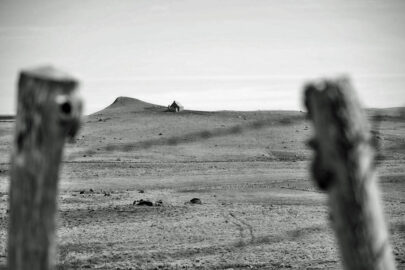
Kyrie
On her first vacation overseas, Emma is struggling to keep her first relationship going.
-
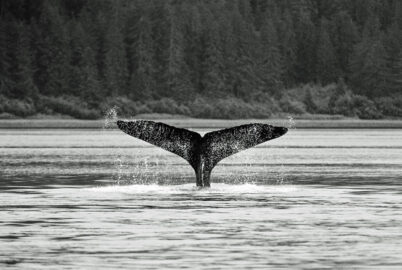
The Maker of Rules
In the Alaskan cold, a teenaged Michael finds a hearth.
-

When Everything Was True
A holiday trip becomes a trying journey for everyone – with or without autism.
-
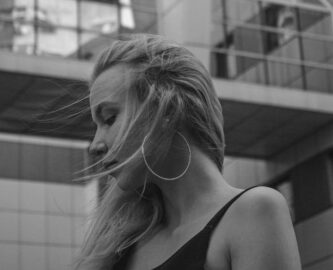
Like The Wind Through My Tree
A lonely cop is trying to figure out if he has the courage to start a relationship with the lonely waitress. Or if he even should.
-
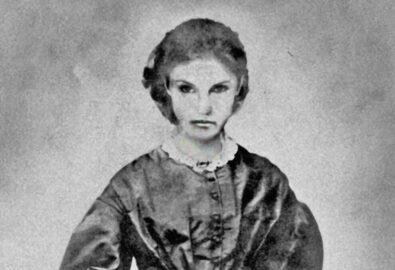
Scars of Our Civil Wars
Carrie becomes obsessed with finding out the fate of a teenage survivor from a destructive Civil War raid.
-

Portrait of a Killer
Carrie has finally ditched both drugs and her violent boyfriend. Is it time to get rid of her gun, too?
-

Shadows In The Shape Of Men
In a boarding house on the Pacific Coast, Carrie meets a potential new friend whose scars may rival her own.
-
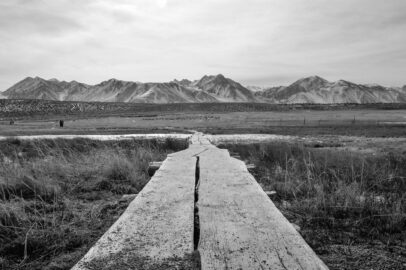
The Frozen Horizon
On the road, Carrie stops to look for her future. [Vignette.]
-

That Which Cannot Be Broken
When a derelict Carrie sees three bikers assaulting an old man, she must make a profound choice for her own future.
-

Carrie’s Theme
Carrie gets an offer she should have refused.
-
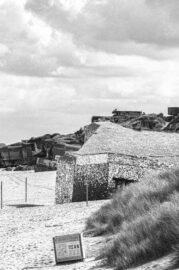
That Imaginary Desert
Carrie chats with her stepbrother about choosing between war or peace, in the family and elsewhere.
-

The One I Tried to Destroy
Carrie befriends a Falklands War-veteran who turns out to have a dark side.
-

The Morning After
Carrie is stranded at the Santa Cruz airport in Bolivia waiting for someone who may never come
-

Until You See the Signs
A story about the way we often say goodbye to past relationships.
-
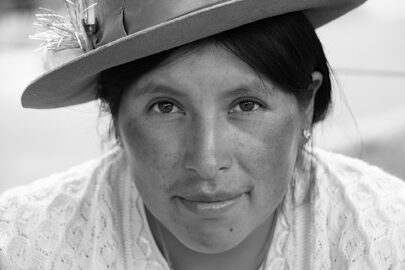
The Halo Of Our Souls
In a Bolivian market, Carrie helps a lost little boy search for his mother, with some unexpected consequences.
-

New Year’s Day
Carrie must face a difficult life situation with a fellow young traveler.
-

Islands in the Mind
Meeting the perfect traveling companion is sometimes reason to leave as soon as you can.
-
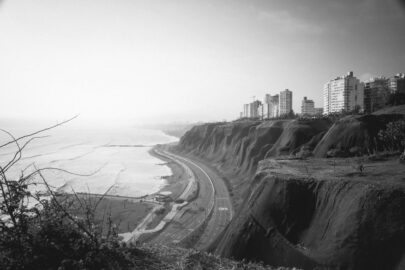
The Division of Lima
Carrie has traveled all the way to Lima in Peru but has not escaped her grief. She wonders how to find the strength to go on.
-

Love Is A Shield
How do you go on a date when you are on the run from personal tragedy?
-
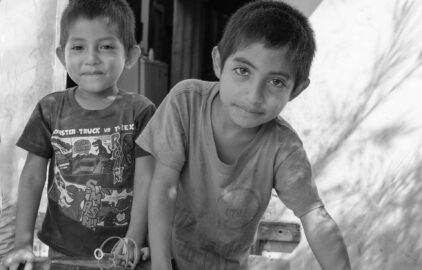
Paint Me the Places You’ve Seen
Carrie gets tips on monster-hunting in Honduras.
-
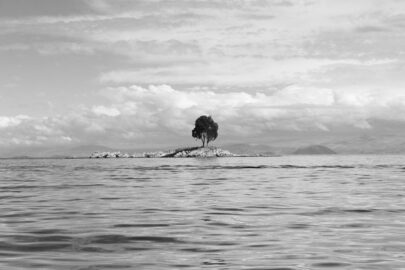
Roads To Leave By
Carrie’s friend, Nadine, tries to stop Carrie from traveling to South America with no plan to ever come back.
-

Ashes Are Burning the Way
After Lin’s funeral Carrie returns to an empty condo.
-

Fighting For the Gospel
Carrie visits Lin at the psych ward.
-

Clear Horizon
A story about monsters that stay in the closet.
-

Like Blood In A Darkroom
Carrie, Lin, Lars and Alan all meet to celebrate New Year’s Eve in an isolated holiday house half a year after high school.
-
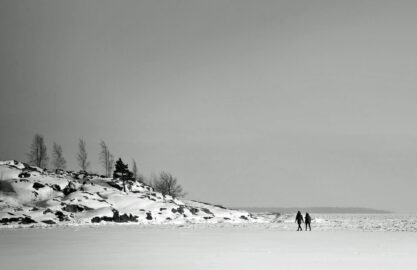
The Tone Which Is Not Played
A wild weekend has the prospect of derailing Carrie and Alan’s lives forever …
-

The Light Where You Belong
Lin and Carrie face their fears before a party.
-
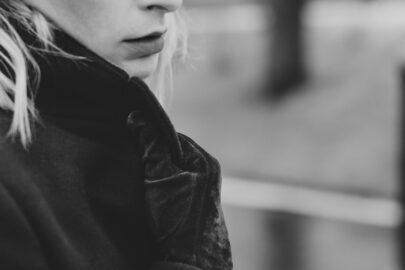
The White Pill
Deborah has an important decision to make.
-

In the Eye of the Storm
What are the options to save your best friend from a broken home?
-

Winter’s Heart (3)
The trials and tribulations of Carrie, Lin, Alan and Lars in Cuyahoga High.
-

Winter’s Heart (2)
The trials and tribulations of Carrie, Lin, Alan and Lars in Cuyahoga High.
-

Winter’s Heart (1)
The trials and tribulations of Carrie, Lin, Alan and Lars in Cuyahoga High.
-

Strangers In Moscow
Can you say yes to such a gift from someone you only just met?
-
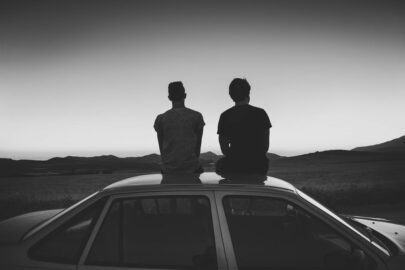
Warriors
Jon works hard to prevent a young man from juvenile detention, but begins to doubt his own motives.
-

Boats Against The Current
What would you do if you had ruined the first meeting with someone who could have been your best friend?
-

Point Of Divergence
Carrie decides not to come home from school – ever again.
-

The Seat With The Clearest View
One year after the war, everything is fine.
-

Blind As the Moon
Calum has mixed feelings about being shot before he could shoot someone else.
-

Without Any Fear
In New York, a lonely Deborah ponders what life may hold for her now.
-
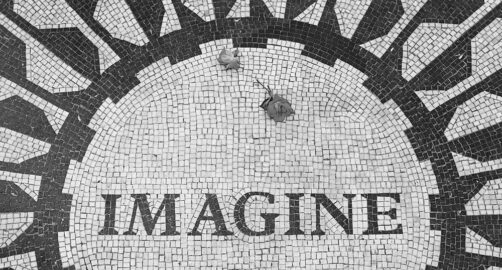
Working Class Hero
On her first job, Deborah makes a mistake with unexpected consequences.
-

Out In the Haze
They said he’d soon be home.
-

Streets Full of Actors
Deborah’s first revolutionary meeting.
-
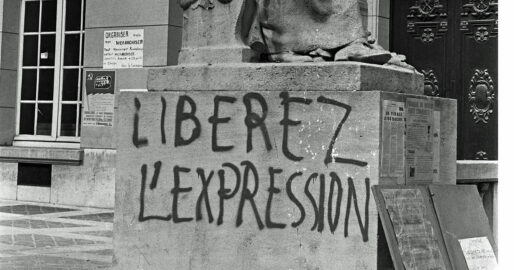
J’ai Pas Peur
Deborah finds herself caught between a brick and a revolution.